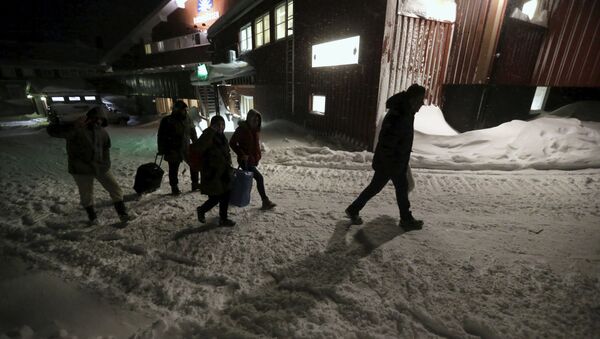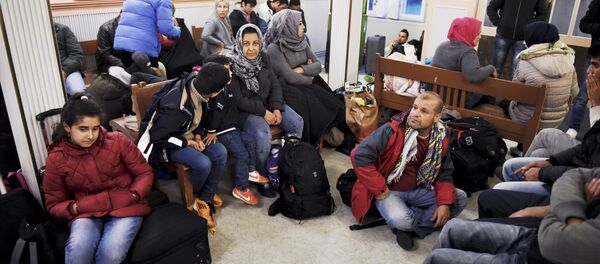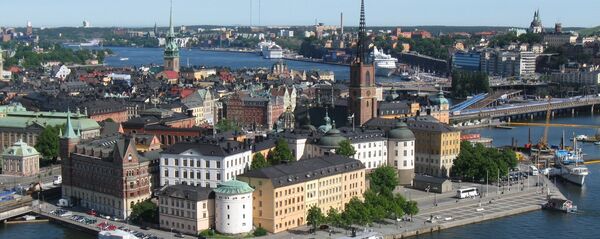An increasing number of asylum seekers are reported to be leaving Sweden and returning to their home countries, citing bureaucracy and long waits for their applications to be processed.
"We are getting signals that asylum seekers are getting tired of long processing times and that things have not turned out as they expected in Sweden," Kristina Rännar of the Migration Board, told the newspaper.
"Things are no longer like before. It has become much harder to get a residence permit in Sweden. Besides, many of the Iraqis returning from Sweden have become homesick," Intidar Hadi of Iraqi cultural association in Malmö told Sydsvenskan.
The situation is similar among Afghans. Since an average Afghan refugee only has a slim 18-percent chance of getting his or her application approved, many are choosing to leave on their own. This year, some 500 Afghan refugees have withdrawn their applications.
So far, the situation has been mirrored in Sweden's neighboring country Denmark, where 279 people have withdrawn their asylum applications, Integration Minister Inger Støjberg announced this week. The majority of returnees are Iraqis and Iranians, Danish Radio reported.
At the same time, both countries have witnessed an influx of illegal immigrants, who try to get through by clinging to trucks on ferries between Danish Helsingør and Swedish Helingsborg, as well as through the Øresund Bridge, Swedish Television reported. Earlier, the growing number of trespassers spurred Denmark and Sweden into installing heat sensors and tightening border controls in order to stop the risky voyages. Earlier this year, Magnus Andersson, a business manager at public transport operator Skånetrafiken, told the Expressen tabloid that the regular border checks alone were costing around one million krona a day (roughly 116,000 dollars).






